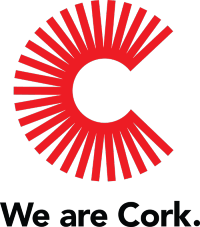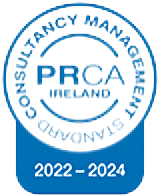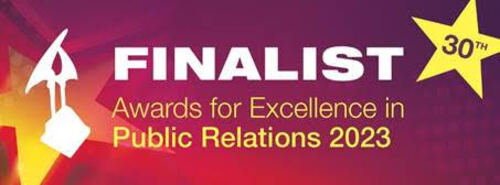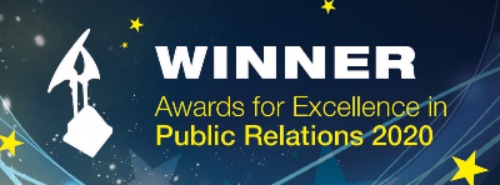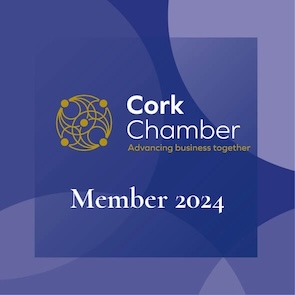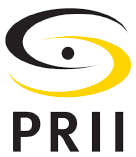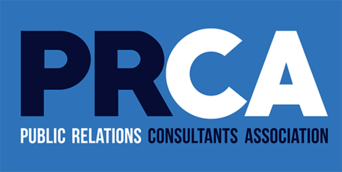The Ethics of PR: a delicate balance of persuasion and truth
In a world where information travels at the speed of a click and public perception can sway like a pendulum, the role of public relations professionals has never been more crucial. Adept communicators can serve as the architects of narratives, shaping how organisations, individuals, and brands are perceived by the public eye. Yet, as the power and importance of public relations continues to expand, so too do the ethical considerations that underpin the profession.
At the heart of every effective PR campaign lies a delicate balance between persuasion and truth, influence and integrity. Ethical considerations serve as the compass that guides PR professionals through the labyrinth of modern communication, ensuring that their actions are grounded in honesty, respect, and responsibility. In a landscape where trust can be as fragile as it is essential, a PR professional’s commitment to ethical practice is not merely an option—it’s a fundamental cornerstone upon which the credibility of the entire industry is built.
Transparency and Honesty
Transparency and honesty stand as the bedrock of ethical PR practice. In a world where misinformation and half-truths can spread like wildfire, PR professionals must uphold the fundamental principle of transparency to maintain trust and credibility. The ethical implications of straying from this principle are profound; misrepresentation, exaggeration, or withholding of information can erode public trust, tarnish reputations, and damage relationships irreparably. Picture a scenario where a company is launching a new product, but the PR activity underpinning the launch is littered with messaging that overpromises on its quality or effectiveness. This leads to disappointment and future scepticism among its target market. Conversely, shining examples of transparent PR campaigns remind us of the power of being open and honest. Consider the airline that promptly disclosed a technical issue in its fleet, illustrating its commitment to passenger safety and garnering praise for its candid communication.
Confidentiality and Privacy
Confidentiality and privacy represent another ethical dimension that we, as PR professionals, must navigate deftly. While transparency is a guiding light, our roles will often dictate that we are entrusted with sensitive information that requires careful protection. The ethical responsibility to safeguard confidential information extends beyond contractual obligations—it is a measure of our trust and integrity. Striking the right balance between transparency and confidentiality can be a high-wire act. Clients rely on us to communicate their messages effectively, yet some details must remain behind closed doors. This challenge requires us to approach each situation with a critical ethical lens, evaluating when openness serves the greater good and when discretion is paramount. The consequences of breaching confidentiality in the PR realm can be dire, to both the success of a given campaign but also to our long-term reputations. A single leak of confidential information can shatter the trust that took years to build. Imagine the fallout for a PR firm inadvertently revealing a company’s financial struggles before an official announcement, resulting in a shareholder frenzy and lasting reputational damage. Such scenarios underscore the vital importance of maintaining confidentiality and the ethical responsibility that comes with it.
Responsible Media Relations
Conducting media relations in an ethical manner requires a delicate balance between advocacy and authenticity. Navigating this tightrope demands a nuanced understanding of the ethical considerations underpinning media interactions. As PR professionals, we are tasked with pitching stories and cultivating relationships with journalists, both of which play a pivotal role in influencing public perceptions on behalf of our clients. However, the line between persuasive communication and manipulation can blur, and the ethical implications are profound. To ensure the integrity of media relations activities, ethical PR practitioners must adopt a principled approach. Building and maintaining relationships with journalists should be rooted in mutual respect and transparency. By providing accurate information, refraining from pressuring reporters, and ensuring that the stories we pitch align with truthful narratives, we reinforce the credibility of both the profession and the media outlets we collaborate with. Approaching your engagement with the media in this manner will manifest itself in more accurate and balanced reporting, which is ultimately to the benefit of our clients.
Conclusion
We live in a time where every message reverberates across a vast digital landscape. At a time when our reach is greater than it has ever been before, ethical considerations have never been more vital. As skilled communicators, PR professionals wield the power to shape perceptions, influence decisions, and craft the narratives that define individuals, organisations, and brands. With this great power, comes a great responsibility to uphold the principles of transparency, honesty, and integrity that form the bedrock of ethical practice. By addressing these ethical considerations in the PR profession, practitioners can contribute to building a more transparent, trustworthy, and responsible communication landscape. Remember, ethical choices not only reflect the character of individual PR professionals but also shape the overall reputation of the industry itself.

